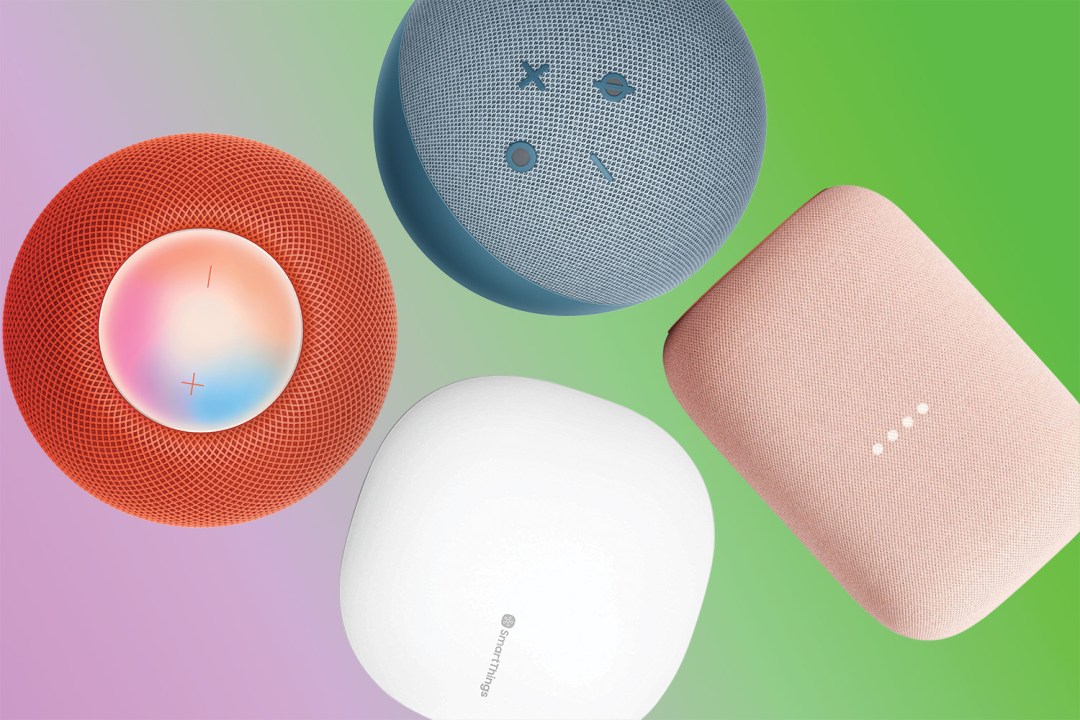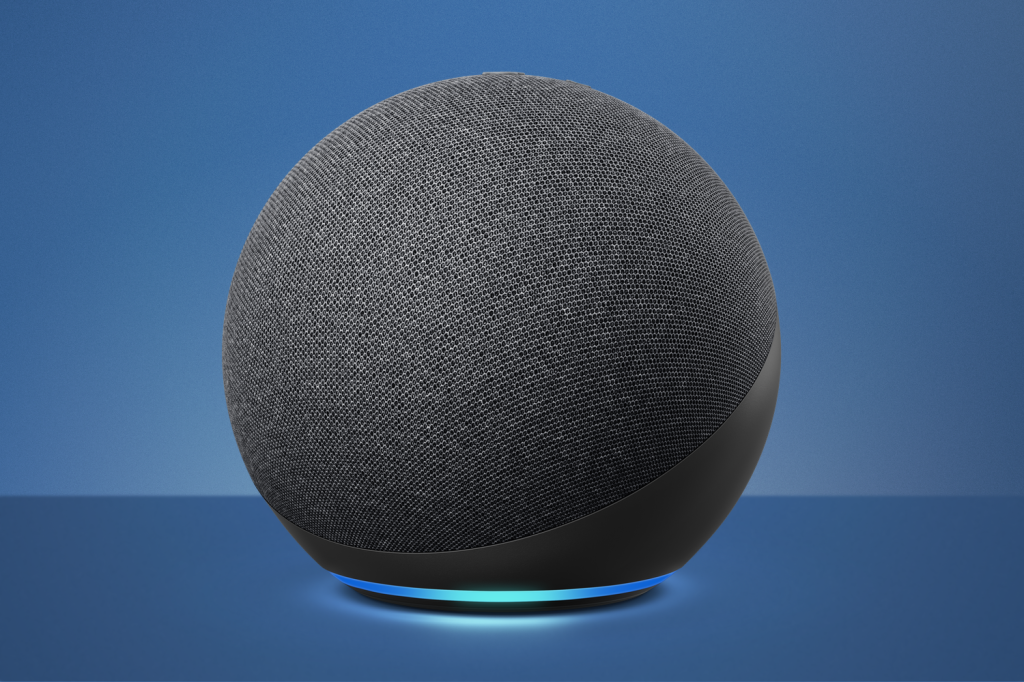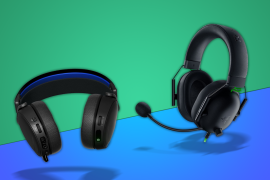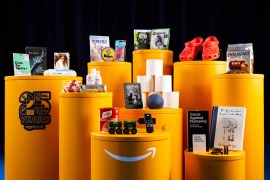Alexa vs HomeKit vs Google: how to choose the best smart home system for you
First things first: if you’re starting from scratch, here’s how to find the smart home system that’s best for you

There are four main smart home platforms: Amazon’s Alexa, Apple’s HomeKit, Google Home and Samsung SmartThings and all work with devices such as smart lights and plugs. But which is the best smart home system for you?
Many smart home devices will work with multiple platforms, but some won’t – and there are important differences between the platforms, the prices and the products available.
Smart home products typically fall into one of three categories: entertainment (smart speakers, TVs, streaming devices etc), home automation (lighting, heating and fun things like robot vacuum cleaners) and home security (cameras, video doorbells and other sensors).
In the latter category, don’t just look at the pricing of the devices: check the cost of their data storage too. You’ll usually find that security cameras only offer basic features and limited storage if you don’t subscribe to a cloud storage plan.
We have questions…
There are three questions to consider when you’re choosing your smart home platform. First, what do you want to do? This will help you identify the products you want, and that may dictate the platform you should use. Then, what will you connect these gadgets to? Many smart home products can link up directly to your Wi-Fi, but some require (or at least work best with) a dedicated hub. And finally, how will you control them? Do you already have a smart speaker or a specific kind of phone, or are you starting out with a blank slate?
That means choosing an ecosystem is a bit more complicated than just buying an appliance: if you choose a De’Longhi coffee machine or a Samsung fridge you’re not committing to only buying De’Longhi or Samsung-compatible devices for the rest of your home. Until Matter becomes more popular, the choice of smart home products depends not just on what you want to do today, but on what you might want to add in the future – so it’s something to give a lot of thought to before you whip out your bank details and commit.
Best smart home system: which is the top ecosystem for you?

Amazon Alexa
If you’re looking for the cheapest and most wide-ranging smart home platform, this is it: Amazon’s aggressive discounting and extensive brand partnerships mean there’s a huge choice of Alexa-based products at knockdown prices, especially during the site’s frequent sales events, and Amazon’s sub-brands Blink and Ring make very affordable smart security products that connect to its Echos and other hub devices. There are also lots of third-party products including key devices such as smart thermostats, smart bulbs and smart speakers – so whether you want to buy Amazon’s own stuff or prefer other brands, you can still control everything with Alexa.
Google Home
Google has the second most popular platform – and as with Amazon, fully compatible products include both its own devices (including those from smart home subsidiary Nest) and thousands of third-party devices, with all the key players on board. That means Hue smart lights, various makers’ smart thermostats, smart security cameras and more. You’ll often find Google Home compatibility alongside other platforms, particularly Alexa, so there’s flexibility to switch sides further down the line without having to re-buy all your hardware. Google Assistant is arguably the best smart home digital assistant, and the app is available for both iOS and Android.
Apple Homekit
Apple’s desire to deliver the ultimate user experience may be laudable, but it can also be expensive: for the first few years of its existence, HomeKit devices didn’t just need to pass Apple’s certification tests but had to include a dedicated HomeKit chip. That gave Google and Amazon a big opportunity that they both grabbed. Today, HomeKit remains the most expensive smart home option across multiple categories: where Amazon will routinely churn out smart speakers for less than £30, Apple’s cheapest is the £89 HomePod Mini. Big names such as Hue are HomeKit-compatible, but some products such as Nest thermostats require additional third-party hardware.
Samsung SmartThings
Unusually for Samsung, it’s the underdog here: SmartThings started off as a Samsung-only platform, which again left the field open for Amazon and Google. There is a much wider range of compatible devices out there now; but as many of them also work with the other platforms, there isn’t a hugely compelling reason to pick SmartThings unless you’ve already invested in a lot of cutting-edge Samsung kit. Still, if your smart home is (or will be) a primarily Samsung smart home, then SmartThings works really well, offering its own Bixby voice assistant and features like SmartThings Find for easily-lost items such as earbuds.
iOS vs Android
Both iOS and Android have their own smart home apps in the form of Home and Google Assistant respectively, but you’ll often find that the full experience is reserved for manufacturers’ own apps: for example, the Hue app is much more flexible and feature-packed than either firm’s home offering.
Alternative platforms
With the exception of HomeKit, which is only available on Apple hardware, all the key smart home platforms can be controlled via the official apps of both phone systems: Google Assistant is available for iOS, and both have impressive apps for Alexa and SmartThings.
Affordability
The cheapest Apple device that can run the Home app is the £199 iPod Touch, but you’ll also need a HomeKit hub to connect it to: the cheapest one of those is the HomePod Mini at £89. All Android phones have Google Assistant, and the Google Nest Hub is widely available for around £70.
Privacy
Both Apple and Google promise not to share your data without permission, although that only applies to their own products, not third-party devices or apps. As Apple isn’t in the advertising business it doesn’t really have an incentive to sell your data; Google will use it to help target ads.


